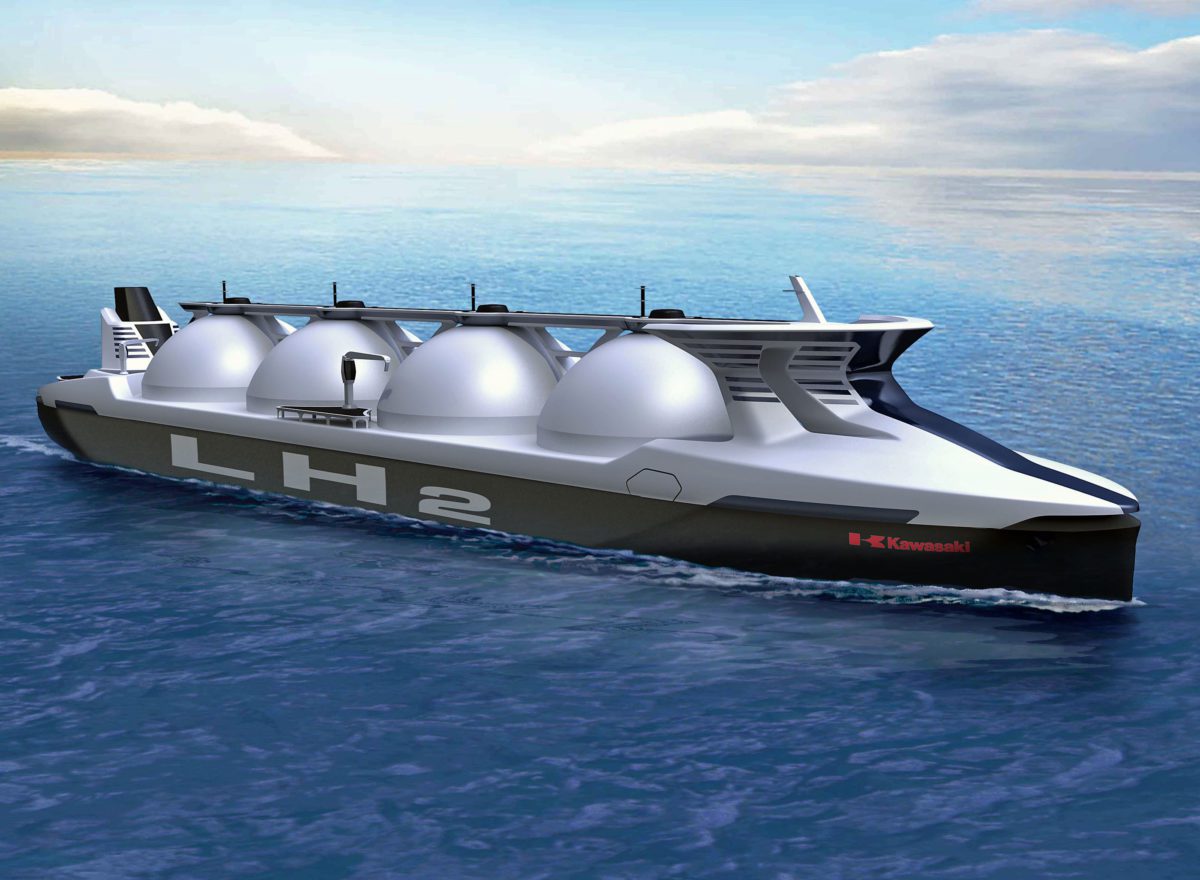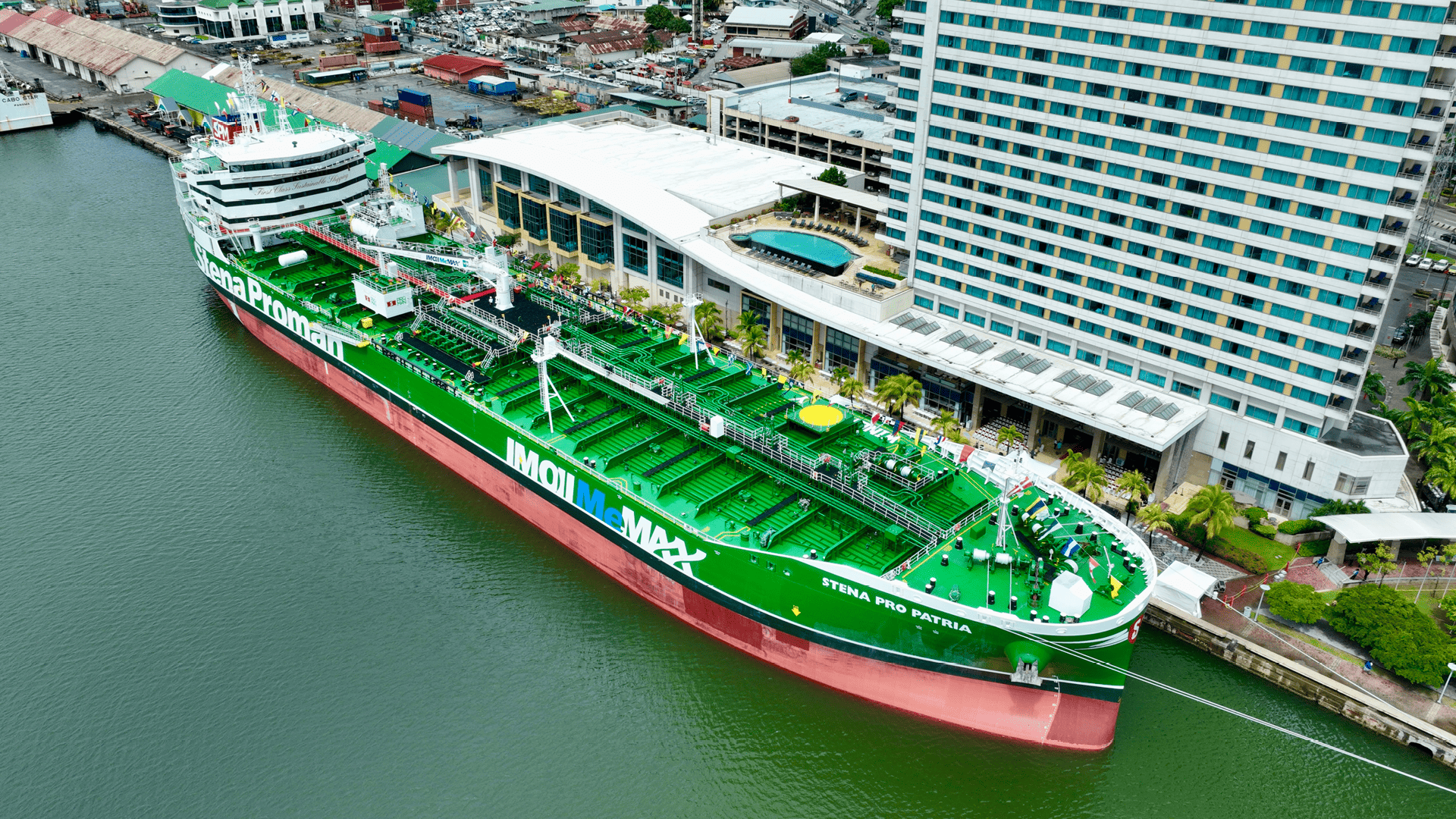 Leading classification society ClassNK has released its Guidelines for Liquefied Hydrogen (LH2) Carriers for the safe constructions and operation of LH2 carriers based on provisions of the IMO Interim Recommendations.
Leading classification society ClassNK has released its Guidelines for Liquefied Hydrogen (LH2) Carriers for the safe constructions and operation of LH2 carriers based on provisions of the IMO Interim Recommendations.
The realization of a low-carbon society is an impending global issue driven by the rapidly growing awareness of environmental consideration in the public and tightening international anti-global warming regime. As a low carbon energy source, the use of hydrogen as a fuel is seen as a major possible solution to environmental problems caused by fuel emissions. As only water is discharged at the time of power generation, and can be manufactured from many different feed materials such as fossil fuel, water, and others, hydrogen is a prime candidate for the fuel of the future. However in order to realize the best and practical use of hydrogen, its production in economically viable and environmentally friendly method and the secure supply chain to transport hydrogen to the place of consumption is essential. As the most efficient way for long distance and large volume transportation, carriage of LH2 by a ship is anticipated to expand and the relative technologies are developed.
Currently, the International Code for the Construction and Equipment of Ships Carrying Liquefied Gases in Bulk (IGC Code) outlines safety requirements for gas carriers like LNG. However, there are no specific requirements defined in the code applicable for LH2 carriers that take into account the hazards associated with the handling and transport of LH2. Hydrogen must be kept at temperatures below ?253°C in order to maintain its liquid state under atmospheric pressure, presenting an even tougher challenge than LNG. In response to growing interest in LH2 transportation, IMO developed Interim Recommendations for Carriage of Liquefied Hydrogen in Bulk which were adopted at MSC 97.
Utilizing its wealth of technical expertise and extensive experience in gas carrier R&D and ship classification, ClassNK has developed its Guidelines for Liquid Hydrogen Carriers which provide safety requirements for the design and construction of LH2 carriers. The guidelines consist of safety requirements applicable to LH2 carriers based on the IMO Interim Recommendations, various international standards as well as additional requirements taking specific hazards arising from the handling of LH2 into consideration.
Speaking on the occasion, Hayato Suga, General Manager of ClassNK’s Natural Resources and Energy Department, said: “The advent of liquefied hydrogen carrier technology opens the door to new and exciting possibilities, but as with all new technologies, proper guidance must be in place to ensure its safe application. ClassNK developed these guidelines to help ensure the safe design and construction of LH2 carriers and support this sector of the industry.”
Tags:

 Join The Club
Join The Club











